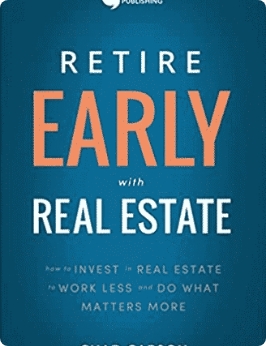Living in constant danger of losing your house is difficult. Additionally, your alternatives for avoiding foreclosure become more limited the closer the foreclosure date gets.
However, “after the auction starts” is the concise response to the question, “When is it too late to prevent foreclosure?” So, you’ll be given adequate notice and time to take appropriate action.
In most circumstances, you can halt the foreclosure process until the auction.
However, as the auction approaches, your options begin to shrink. For instance, selling a home takes time because the buyer arranges to finance, inspects the property, conducts a title search, organizes a closing with a notary, and so on. Typical real estate deals take 30 to 60 days to complete, with even accelerated settlements with investors taking at least a week.
However, as a rule, if you make the payments you owe in advance before the auction, the foreclosure process is terminated, and you return to your regular monthly payment.
The most common methods for avoiding foreclosure as the auction gets closer are included below; however, this is not a complete list.
File for Bankruptcy
A practically “certain” approach to halting foreclosure at the last minute is to file for bankruptcy. On the day of the auction, homeowners might theoretically file for bankruptcy to stop the foreclosure.
You don’t require any equity in your property to accomplish it, in contrast to the previous two possibilities. But this extreme action will bother you for years to come.
All of your creditors, including the mortgage lender, must stop trying to collect from you as soon as you file a bankruptcy case. An “automatic stay” is what is happening here. You still owe the money, but even if the mortgage lender requests the court to restart the foreclosure, this gives you a few months to find a new job or find a solution to whatever other short-term financial issue is keeping you from paying your bills. Additionally, it offers you the possibility to negotiate a repayment schedule with your creditors to prevent having to sell your house to settle your debts.
There are two distinct sorts of bankruptcy. If you want to keep your house, Chapter 13 bankruptcy, which restructures your debt so you can pay it off over three to five years, is the best option. If you need more time and have decided that you will lose your house, Chapter 7 bankruptcy, which liquidates your debts, could be the best option. You might utilize that time to start saving money for a rental.
Selling the House
Real estate investors will overwhelm you with bids to buy your house. Many provide rapid payments and cash sales.
The majority still take at least 7 to 10 days, and sometimes much longer, to close. And bear in mind that as the months pass, you continue to accrue late penalties and interest and that if your lender legally initiates the foreclosure process, you quickly rack up thousands of dollars in marketing and legal costs.
If you’re considering selling, act on this decision as quickly as possible.
Keep in mind that selling your house doesn’t always mean leaving. You may work up a lease option deal with buyers, allowing you to continue living in the house as a tenant with the potential to buy it back later. However, you are usually better off selling the property outright as you won’t be able to repay the buyer’s rent if you can’t afford your initial monthly mortgage payment.
Be aware that having equity is a must for fast selling your house. If not, you would need to arrange a short sale as soon as possible after going into default and would require the lender’s agreement. That door shuts once a lender files for foreclosure.
Refinance
You might be able to refinance your mortgage if the home has any equity. However, the longer you wait, the more back interest, late fees, legal expenses, and auction promotion fees you’ll incur.
Refinancing has several difficulties, even if your house has equity. Lenders won’t cooperate with you if you default on your initial loan since it damages your credit. Additionally, after adding closing expenses and paying off your past-due payments, there is no reason to think that your new monthly payment will be cheaper than your previous one.
Contact Information:
Email: [email protected]
Phone: 7145556789













